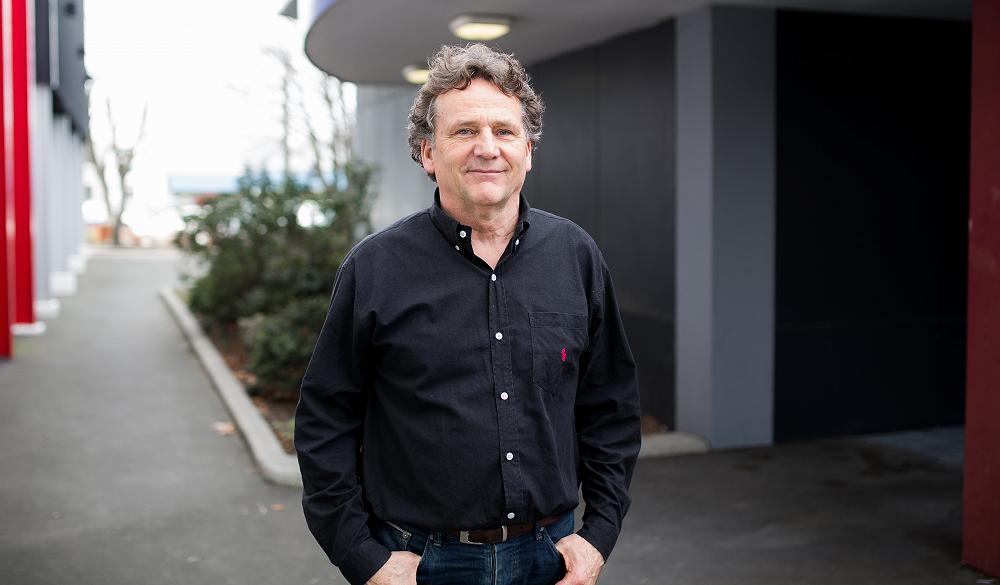
The Psychology of Being Positive
Recently our resident Psychology and Philosophy teacher, Richard Tweedie, presented to the staff some ideas about well-being, happiness and positive psychology and its links to effective learning.
Richard described some of the thinking which sits behind our feelings of happiness (or lack of it) and some practical strategies for us as teachers to promote the well-being and happiness of our students. Research suggests that parents and teachers can help to bring about changes in happiness levels in our children or students by regularly asking them questions about happiness and by regularly focusing them on the things they are grateful for.
An interesting aspect that Richard explored was the idea of the happiness set point. This suggests that our well-being and happiness level can be largely determined early in life as a result of our early experiences. Our level of happiness may change from time to time in response to events that happen to us, but then almost always returns to its baseline set point. Some studies show that one important way we can raise our set point is to focus on helping others and doing acts of kindness for others. Simple but true!
Richard also talked about the importance of social intelligence. Results of a study (using a 1-5 social competence rating scale) involving 753 kindergarten children who were followed for 20 years shows that, for every single point increase in social skills, an individual, by the age of 25, is 46% more likely to be in employment. This confirms for us the importance of developing “soft skills” such as collaboration, communication, critical thinking, creative innovation and confidence in students.
